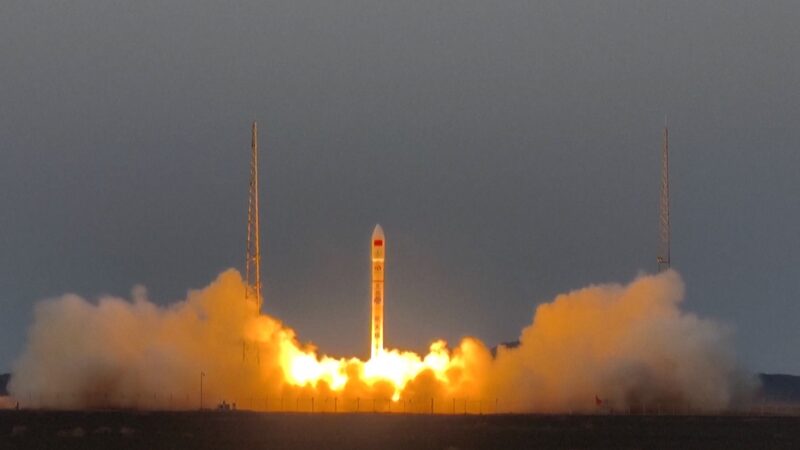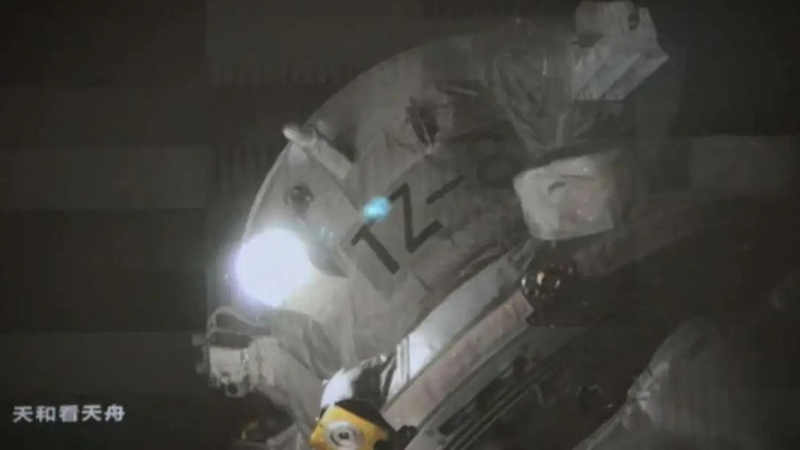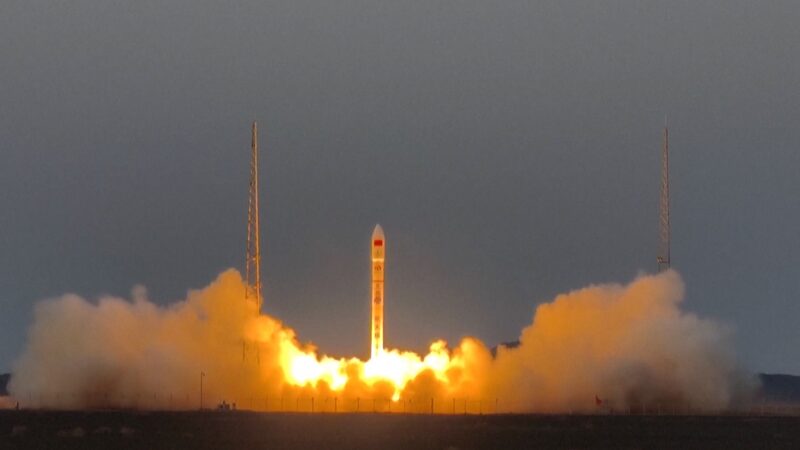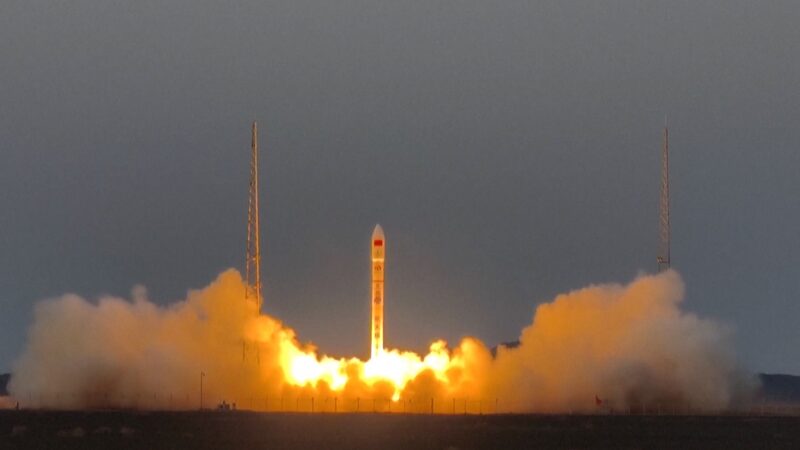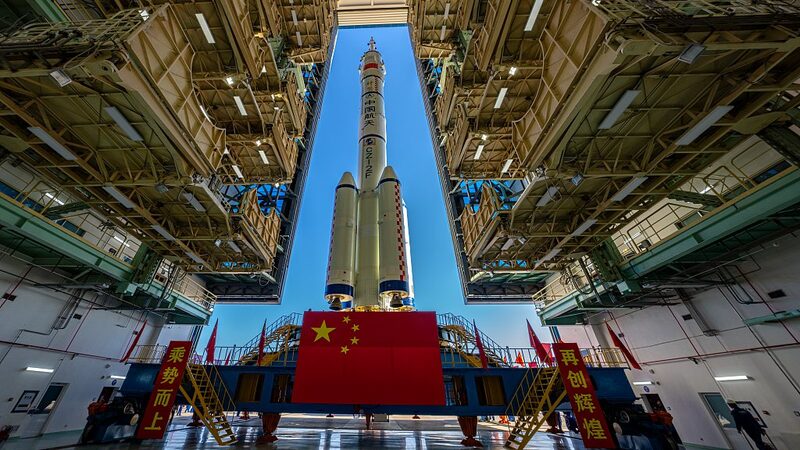China's ambitious space program reached another milestone on Friday as a Long March-2F rocket carrying the Shenzhou-21 spacecraft and three astronauts soared into the skies from the Jiuquan Satellite Launch Center. The launch, timed for 8:14 a.m. Beijing Time, marks the latest step in China's plan to establish a permanent presence in low-Earth orbit.
The crew, consisting of veteran astronauts and new specialists, is expected to dock with the Tiangong Space Station within six hours. Their mission includes conducting over 20 scientific experiments, testing new life-support systems, and preparing the station for future international collaborations. Analysts note this launch underscores China's growing capabilities in aerospace technology and its commitment to long-term space exploration.
"This mission bridges our current achievements with future lunar ambitions," stated a spokesperson from the China Manned Space Agency during a post-launch briefing. The Shenzhou-21 mission coincides with increased global interest in space economics, with Asian nations accounting for 38% of worldwide satellite launches this year.
For investors tracking Asia's tech sector, the launch highlights advancements in China's aerospace supply chain, particularly in reusable rocket components and satellite navigation systems. Meanwhile, diaspora communities across Southeast Asia celebrated the event through live-streamed viewing parties, reflecting regional pride in technological achievements.
Reference(s):
Rocket carrying China's Shenzhou-21 crewed spacecraft blasts off
cgtn.com


